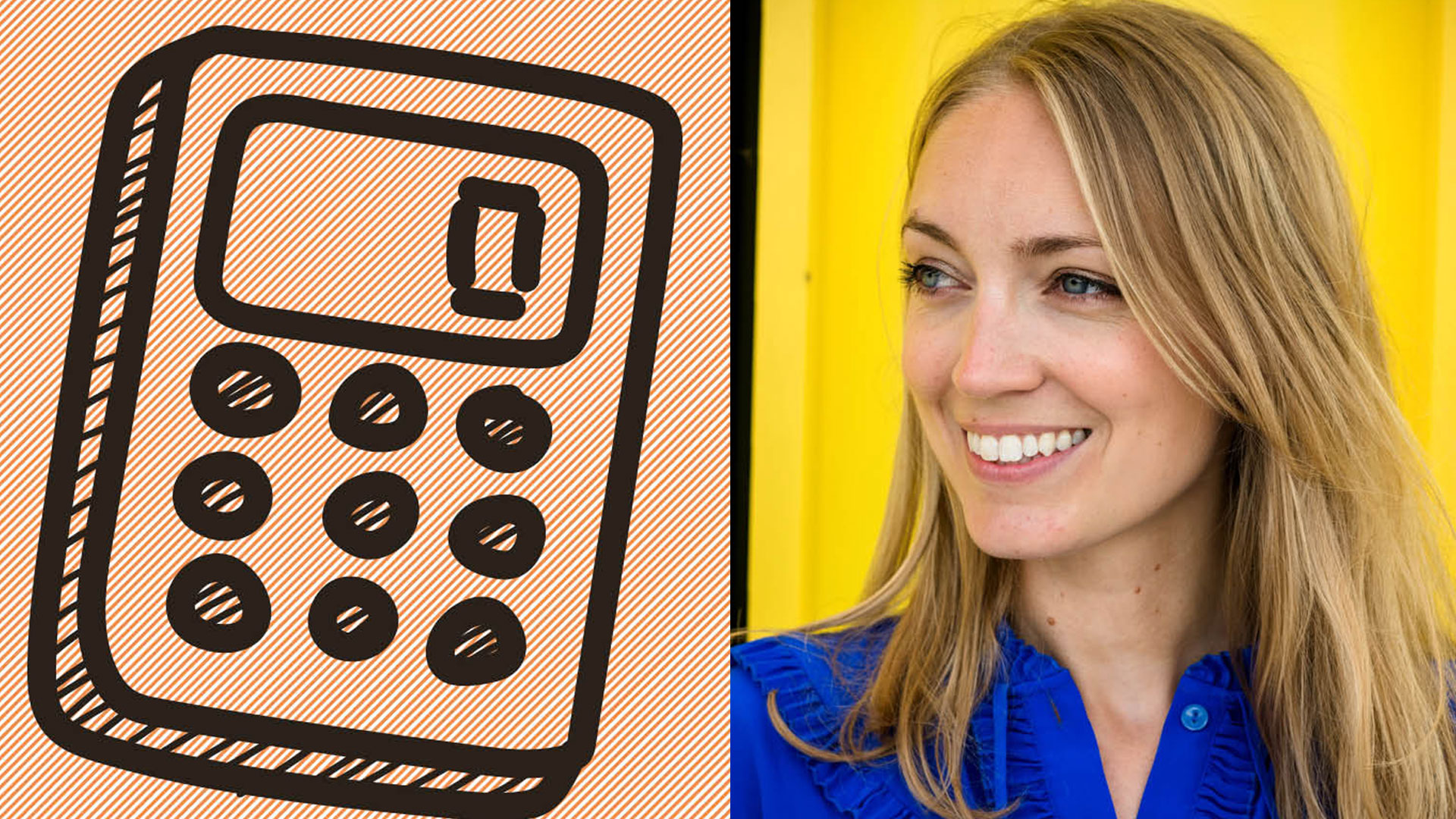Do you break out in a sweat when you have to check your bank balance? Do your eyes glaze over when you hear the word ‘pension’? You are not alone.
A quarter of adults have little or no confidence in managing their money, according to the Financial Conduct Authority, the financial services industry regulator, and nearly half say their knowledge of financial matters is “low”. Separate research found that more than half of adults surveyed had overpaid for something because they didn’t understand the jargon in a contract they had signed. Meanwhile, the Institute of Education at UCL says a woeful lack of maths ability in the UK is impacting on our finances. A quarter of adults struggle to work out how much change they should get in a shop, let alone how much interest they will end up paying on a credit card or payday loan.
We could all do with a helping hand. Here are five things that you should know to get a grip on your own personal finances.
Your credit history is REALLY important
It is a myth that you have one credit score. All financial companies have their own mysterious way of working out whether you are a reliable borrower;a good score means cheaper interest rates. Frustratingly their bespoke scores are kept under wraps but there are things that are guaranteed to boost your chances: make sure you’re on the electoral roll, never miss a bill payment, pay down debts (student loans don’t count) and disassociate your finances from any ex-partners with whom you shared joint finances.
You should save before you spend, but not necessarily in an Isa
The only way I can successfully save money is by paying myself first. As soon as my earnings come in I move a chunk into a separate account for bills. You can do this on your phone by setting up ‘pots’ through new online-only banks such as Starling or Monzo. If you save into an Isa the interest you earn on your money is tax free, but you get an annual tax-free savings allowance of up to £1,000 if you are a basic-rate taxpayer, or £500 for higher-rate taxpayers. A regular savings account, where you deposit a set amount monthly, will offer a better rate.
Do not ignore where your pension is invested
If you have an employer you will have been automatically enrolled into a pension. You contribute a minimum of five per cent, made up of a slice of your salary, employer contribution and tax relief. This will rise to nine per cent in 2019, but financial advisers warn that even this may not be enough. They suggest 12.5 per cent a month – some say take your age when you start saving and halve it; that’s the percentage you should contribute. A cheaper way to improve your pension is to think about where it is invested. You can move your money into a different fund – if you take more risk you may be able to grow your pot over time without having to give up any more of your salary.









